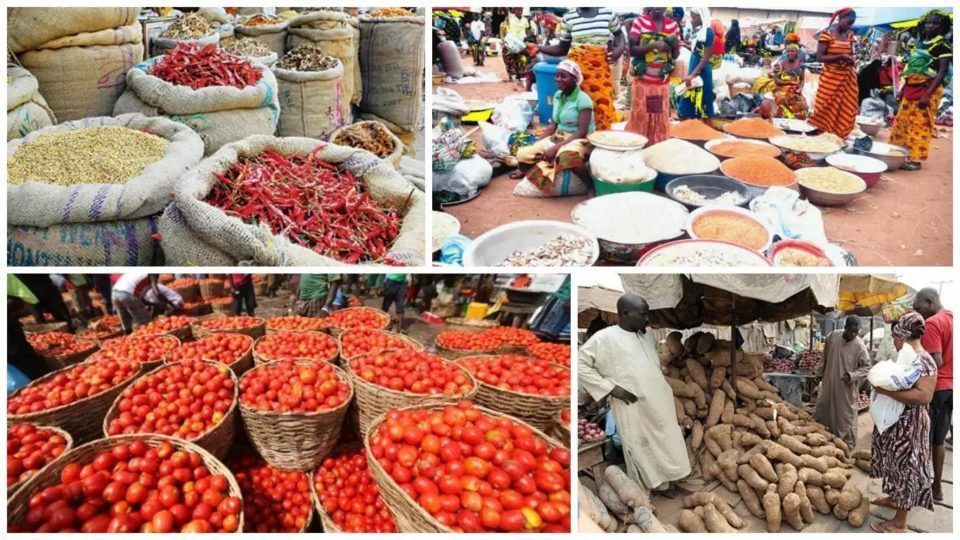General News
Nigeria’s inflation rate rises to 21.91% in February – NBS | The ICIR

NIGERIA’S inflation rate rose to a new 17-year high of 21.91 per cent in February 2023, representing a 0.09 per cent marginal point increase when compared to the 21.82 per cent recorded in the previous month.
This was revealed in a Consumer Price Index (CPI) report released today by the National Bureau of Statistics (NBS).
Some industry analysts attributed certain problems that arose from the Central Bank of Nigeria’s currency redesign policy and political uncertainties associated with presidential and governorship elections as major factors that influenced the marginal inflation rise.
The Nigerian economy has been embroiled in crises over the past three months as households and businesses suffered from severe petrol scarcity and a chronic shortage of cash caused by the naira redesign policy.
A consumer expert and faculty director at Lagos Business School, Uchnnna Uzoh, said if post-election tension continued for a longer period, prices of goods and services could rise further.
Uzoh said the higher prices would come from the scarcity of goods as a result of people not producing adequately, and businesses not fully operational.
The head of research at SBM Intelligence, Ikemesit Effiong, feared that an extended period of post-election uncertainty accompanied by post-election violence would lead to an upward trend in prices, which would also hamper economic growth.
– Advertisement –
“If people don’t feel safe, they will not open up shops. And you will begin to see scarcity of important items leading to higher prices,” he said.
The Chief Executive Officer of Centre for the Promotion of Private Enterprises, Muda Yusuf, said, “The presidential election has raised the level of anxiety and the risk of post-election violence, which can be terrible for any economy.
“It is something that happens in many parts of Africa, and if it is not properly managed, it can be a much bigger problem for the Nigerian economy.”
According to the NBS report, food inflation rose to 24.35 per cent year-on-year in the review month from 24.32 per cent recorded in the previous month. On the other hand, core inflation dropped to 18.84 per cent from 19.16 per cent.
According to the Bureau, the rise in food inflation was caused by increases in prices of oil and fat, bread and cereals, potatoes, yam and other tubers, fish, fruits, meat, vegetable, and food products.
The report noted that the contributions of items on a class basis to the increase in the headline index are bread and cereal 21.67 per cent; actual and imputed rent 7.74 per cent; potatoes, yam and other tubers 6.06 per cent; vegetable 5.44 per cent; and meat 4.78 per cent.
“On a month-on-month basis, the percentage change in the All-Items Index in February 2023 was 1.71 per cent, which was 0.16 per cent points lower than the rate recorded in January 2023.
– Advertisement –
“This means that in February 2023, on average, the general price level was 0.16 per cent lower relative to January 2023,” the report stated.
Harrison Edeh is a journalist with the International Centre for Investigative Reporting, always determined to drive advocacy for good governance through holding public officials and businesses accountable.
Disclaimer: No copyright infringement intended. All rights and credits reserved to respective owner(s).
























